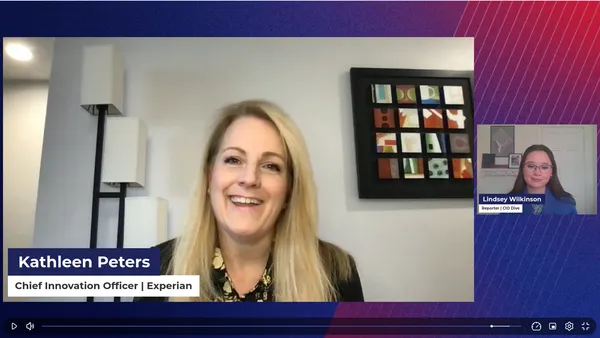Consider each technical hire the building blocks of enterprise technology plans. Failure to fill a specific position in time leads to longer delivery times.
For technology leaders, this means their companies must compete in an undersupplied labor market for the right type of worker. The right mix of hard and soft skills means a technology worker today can have their pick of position and company.
Some large organizations have put in place hiring freezes and curbed their hiring expectations for the rest of the year in response to gloomy economic indicators. But the data show employers still need technology workers.
In October, companies were hiring for 317,000 open technology positions, up 10,000 from the previous month and undoing a five-month run of decreased tech role openings, a CompTIA review of U.S. Bureau of Labor Statistics data found.
But some positions are harder to fill than others, depending on the novelty of a specific technology, the general availability of those skills, and even outside factors certifications a role requires.
Here are what 5 technology executives say are the hardest jobs to hire for:
(Responses have been edited for length and clarity)
Michael Bradshaw, CIO at Kyndryl
The hardest part about hiring in tech today isn’t just about finding the right technical skills, it has to do with finding the right mindset. We need people who are grounded in critical thinking and can think in multiple dimensions. That’s a scarce resource right now.
I look for candidates who can answer common sense questions like, “what are we doing?” in a way that helps us think critically and practically about the business outcomes we want to drive – not just the technology that will fix the immediate problem.
Incidentally, while we do talk to a lot of people with technical degrees, liberal arts majors have become great professionals for us because of their backgrounds in logic and reason.
Gill Haus, CIO of Chase
We hire for all types of skills, from different backgrounds and industries and have a variety of open roles available. The hardest part is finding people with the right mix of skills and passion.
We look for people who are really good at keeping up with trends, innately curious about technology, think about how people interact with technology to make it better and easier, and are willing to learn and boost their skills.
Paul Farnsworth, CTO at DHI Group
For our organization, it's technology architecture roles. Finding the right person with broad technical experience, leadership and business savvy is hard.
Businesses are accelerating digitization efforts and need architectural strategy early in the process. U.S. citizens with security clearance remain challenging to hire, whatever the role.
Kimberly Perryman, VP of people at Virtana
My initial thought is sales engineers. That role is particularly hard to hire for because they’re essentially unicorns.
Technical people don’t usually have that sales swagger and salespeople aren’t always that “techy.”
Jamie Smith, CIO at University of Phoenix
The University of Phoenix has been relatively successful at building a pipeline of junior full-stack engineers. It is more challenging to attract and hire senior engineers and engineering leads.
We are full-time remote, so we are competing nationally for talent. This is both an advantage in terms of a larger pool of candidates and a challenge in terms of competing with companies in higher cost industries or parts of the country.
Correction: This article has been updated to reflect Gill Haus is the CIO of Chase.














